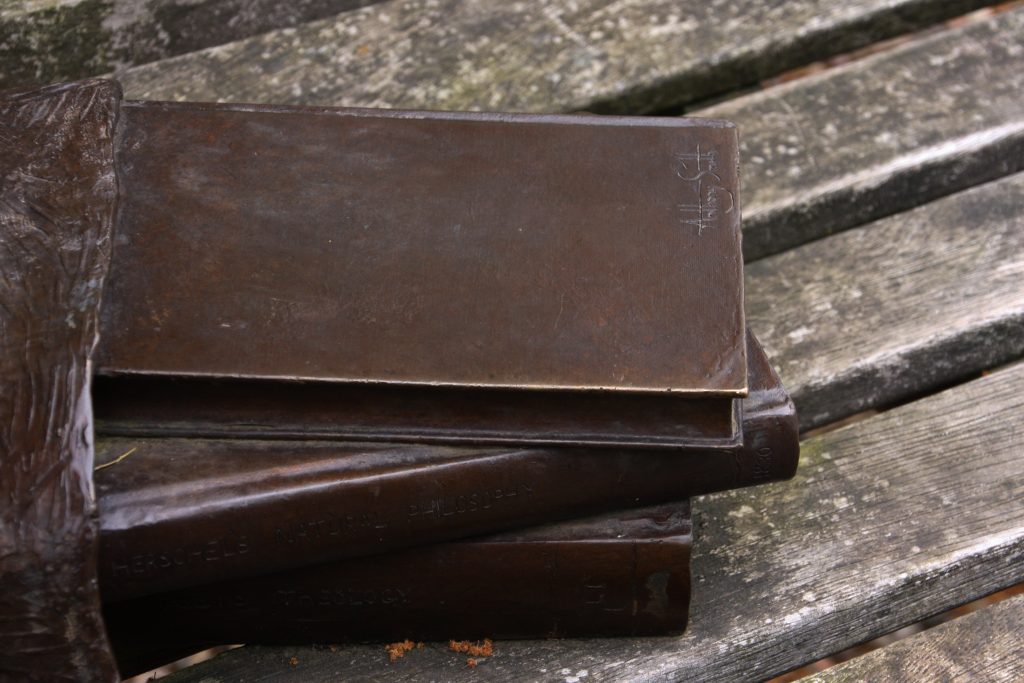
Call for papers Annual IVACS One-Day Symposium
Theme: Corpus Research in Challenging Contexts
24th February 2018
Centre for Irish Language Research, Teaching and Testing, School of Celtic Studies, Maynooth University
The Annual IVACS One-Day Symposium will be hosted by the Centre for Irish Language Research, Teaching and Testing, School of Celtic Studies, Maynooth University, on Saturday, 24th February 2018. This year’s main theme is Corpus research in challenging contexts, including:
- Corpora in minority language or bilingual contexts
- Learner corpus research
- Native vs. non-native speaker issues in corpus research
- Spoken and written corpora design and analysis
Abstracts: The deadline for 300-word abstracts is Friday, 15th January 2018.
Abstracts should be sent by email, as MS word documents, to aoife.nighloinn@mu.ie
Registration for this event is free.
For more information about the IVACS research network, see http://www.ivacs.mic.ul.ie/.
Please circulate this to any colleagues or postgraduates who might be interested.
Travel
Maynooth University is located just 25 kilometres from the centre of Dublin city. Our campus is closely integrated with the historic and lively town of Maynooth, Co. Kildare, which is easily accessible by car, bus, and train. For driving directions and information on public transport options, see https://www.maynoothuniversity.ie/location.
Or find us on Google Maps: https://goo.gl/maps/K4tVUWFHFhm
The nearest airport is Dublin airport, 33km north east of Maynooth. There is an hourly shuttle bus between Dublin airport and Maynooth. Tickets can be purchase online athttps://airporthopper.ie/maynooth-timetable/.
Accommodation:
There is a range of guest rooms (ranging from €28 – €92 per person per night) available on the historic South Campus of the university, a 5-minute walk from the symposium venue on the North Campus. See https://www.maynoothcampus.com/rooms/ for details.
The Glenroyal Hotel: Located in the centre of the village, very close to the train station and bus stops and a 15-minute walk to the North Campus. See https://www.glenroyal.ie.





